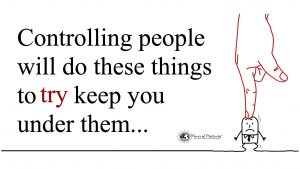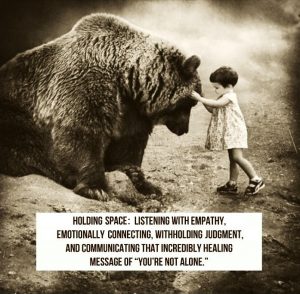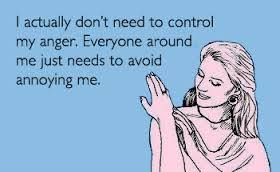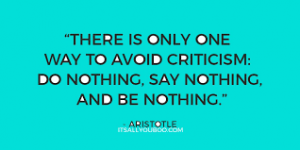
What winning means to a narcissist
As I have mentioned in previous articles narcissists always “play” to win, there is no such thing as playing a game with a narcissist just for fun. They are there to beat you and show you who is “better”, they don’t mind if they have to cheat, trip you up or hurt you either physically or emotionally by insulting remarks, sneering or belittling their opponent.
However, winning to a narcissist is so petty that it can manifest itself in ways that would never occur to most of us, which is why some of their behaviour is so baffling. It can come in the form of:
- Gaslighting, moving your things around and feeding you misinformation.
- Stealing your property even if they have no use for it – they can give it to a third party as a present and seem very “generous”. It is easy to be generous when you are giving other people’s things away. This is a double win for a narcissist because they have duped you and looked good to the third party.
- Telling lies about what other people said about you or think of you, which are always negative even if they are couched in positive language.So they can say things like “Suzie said some really nasty things about you the other day when I pumped into her on the street. I thought that she was a friend of yours! I would stay away from her if I were you, I only told you because I don’t want you to get hurt”. This is another double win because you start to second guess you friendship and if it works it will isolate you from possible support giving them further control.
- They will deliberately break or destroy something of yours that they know is of value to you, especially something of sentimental value that has nothing to do with them.
- Financial abuse is another favourite of theirs, they could be millionaires but stealing money from someone who could ill afford to lose it gives them immense pleasure.
- Shutting down a discussion between you and another person that does not include them is a win (by interrupting, talking too loud, feigning illness or just turning up the music so loud that you cannot hear each other).
- Grinding you down by nagging or bullying. Narcissists have the emotional development of a small child, so imagine a small child in a supermarket asking their mother for sweets, the mother says ”no” and the child continues to ask, goes into whine mode, then starts to cry and tells their mother that she is mean and that they hate her and eventually throws themselves down on the ground in a full temper. This is what the narcissist does only slightly modified for their adult body. Even if they don’t get what they want any embarrassment that they caused you is still considered a win because they know they have ground you down into being more aware of the public humiliation if you do not let them have their way.
- Conversely, like a child they can give up easily, they have no grit.When something doesn’t come easily to them they can give up putting in the hard graft or practice and they will try to attain a result by dishonest means. They see this as a win because they think that they are being clever and someone who does attain their goal honestly I dare say they think them stupid. Winning to a narcissist is paramount, but they don’t want to do the work themselves. So they are masters in the art of manipulation, they make false promises, play the victim etc. An honest win doesn’t give them as much satisfaction as a deceitful one. They do not care who they hurt or dupe to get what they want, the only thing that matters to them is to be seen to be a winner and they will frequently refer to people who they have treated in a dishonest way as a looser, trust in other people is for losers and a sign of weakness as is kindness and generosity. For them to feel that they have won someone else has to be a loser (this is all part of their binary pre-pubescent black and white thinking).
- They see the success of others as a slight on themselves this can be from someone else receiving a compliment (that compliment was stolen from me) to some career or academic success (they must have slept their way to the top or it was nepotism). When something good is happening for someone else it is seen as deprivation/theft from them. That is why when someone else fails at something it brings them pleasure, the things they see as failure are just as petty as the wins. So, someone not being invited to a party can be seen as a failure, someone coming second in a competition, not passing an exam, getting a promotion even missing a plane. They will automatically label them as complete failures/losers, which is why they have to win all the time because one slip up would damage their extremely fragile ego/self-esteem.
- They really despise people who are kind and authentic and because it causes them to be envious as kind and authentic people are liked by others which means that they have a support network and therefore are harder to control plus they are stealing the narcissists popularity quotient.
- They don’t understand connectivity or what well-earned achievements mean and the satisfaction that that comes with that. They loath the idea of intimacy and hard work is a fools game.
- Narcissists hate to lose, but even if they win the satisfaction is momentary and they are constantly looking around to see where they can score their next point.






